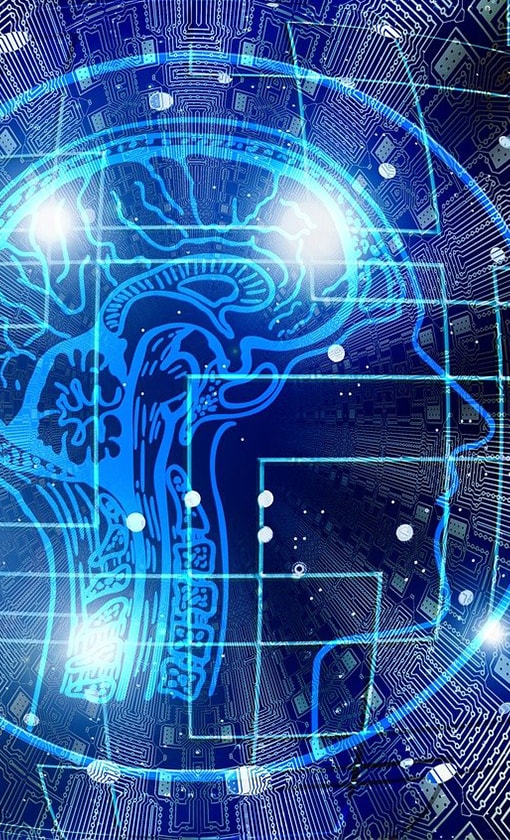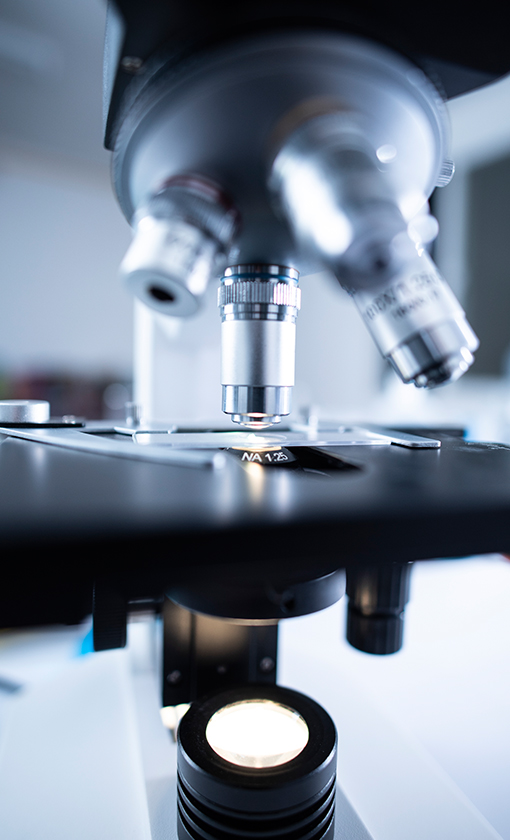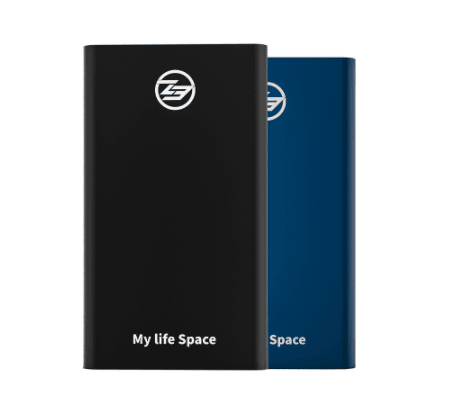A Solid State Drive (SSD) is no longer a new technology. Over the years, it has become a staple in both personal and business computing. This fast, reliable storage device is transforming the way we store data, offering unparalleled performance compared to traditional Hard Disk Drives (HDDs). In addition to providing faster data access, SSDs also contribute to increased system speed and improved energy efficiency, making them the preferred choice for modern computing needs.
As the world of technology continues to evolve, SSDs are becoming more affordable, and their advantages—like faster boot times, faster application loading, and greater durability—make them an indispensable part of the computing ecosystem. Let’s dive into the present and future of SSDs, and explore how they are shaping the landscape of data storage.
2. Why SSDs Are Dominating the Storage Market
SSDs are redefining the way data is stored and accessed. They offer numerous benefits over traditional HDDs, including:
Faster Performance: SSDs offer blazing fast read and write speeds, reducing load times and improving system responsiveness.
Durability: Since SSDs have no moving parts, they are more resistant to physical shock and vibration, making them ideal for portable devices.
Energy Efficiency: SSDs consume less power compared to HDDs, leading to longer battery life for laptops and reduced energy costs for desktop systems.
Compact Size: Without the need for moving components, SSDs are significantly lighter and quieter than their HDD counterparts.
As SSD technology advances, the demand for these storage devices is skyrocketing. In fact, SSDs are now the industry standard, and their adoption is expected to increase as their price continues to decrease.
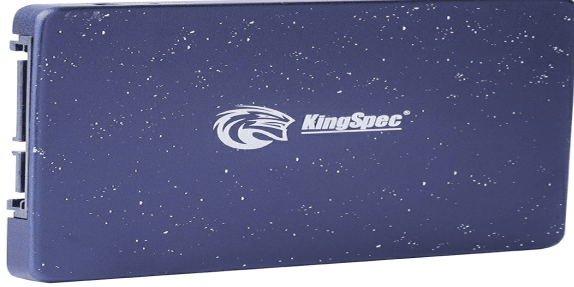
3. Key SSD Interfaces: SATA, SAS, PCIe, and NVMe
There are several key interfaces through which SSDs operate. Let’s look at the most common ones and understand how they impact the performance and suitability of SSDs for different applications:
3.1 SATA SSDs: Compatibility and Affordability
SATA (Serial ATA) is one of the most common interfaces used in consumer SSDs. SATA drives are known for their exceptional compatibility, making them ideal for upgrading older systems that use traditional hard drives. SATA is widely supported by laptops, desktops, and even some server environments.
If you're looking to improve the speed of an old computer that uses a spinning hard drive, swapping the HDD for an SSD with SATA interface can lead to a significant performance boost. The SATA interface enables easy integration without needing advanced knowledge or special adapters, which makes it a cost-effective solution for most users.
3.2 SAS SSDs: High-End Performance for Enterprise Systems
For more demanding environments, SAS (Serial Attached SCSI) SSDs are a popular alternative. Designed for enterprise-level applications, SAS SSDs offer higher data transfer speeds and better reliability than SATA drives. These drives are commonly used in data centers and other high-performance systems that require consistent, high-volume data access.
SAS SSDs are built for longer write life and can handle high endurance workloads, making them a reliable choice for businesses with large-scale data needs.
3.3 PCIe SSDs: Next-Level Speed and Performance
The PCIe (Peripheral Component Interconnect Express) interface provides the highest data transfer rates available today. PCIe SSDs are commonly used in high-performance computers, including gaming PCs, workstations, and servers. This interface supports massive data transfer amounts and ensures that SSDs are not a bottleneck in data-heavy tasks.
When paired with NVMe technology, PCIe SSDs can achieve unmatched speeds, pushing beyond the limits of traditional SATA or SAS SSDs. PCIe SSDs are ideal for high-end users and businesses that need maximum performance for applications like video editing, 3D rendering, and scientific computing.
3.4 NVMe SSDs: The Future of High-Speed Storage
NVMe (Non-Volatile Memory Express) is a cutting-edge protocol designed specifically for flash memory. NVMe SSDs connect via the PCIe interface, and provide speeds up to six times faster than SATA SSDs. NVMe SSDs offer ultra-low latency and incredibly fast data transfers, making them the preferred choice for users who demand the highest performance.
Although NVMe SSDs are more expensive than SATA drives, they provide a significant performance boost, making them the ideal choice for power users, gamers, and businesses running data-intensive applications. As the price of NVMe SSDs continues to drop, we expect them to become the mainstream option for most consumers and enterprises.
4. The Future of SSDs: A World Without HDDs?
As SSDs continue to evolve, their market dominance is becoming increasingly evident. In the near future, SSDs are likely to completely replace HDDs due to their superior performance, durability, and efficiency. With advancements in flash memory technology, larger storage capacities, and lower manufacturing costs, SSDs will soon be the default storage solution for most devices.
Furthermore, as data storage needs continue to grow, high-capacity SSDs will become increasingly common, providing businesses with the tools they need to handle big data and cloud computing. As the global SSD market expands, the demand for faster, more reliable, and more affordable SSDs will drive innovation and shape the future of computing.
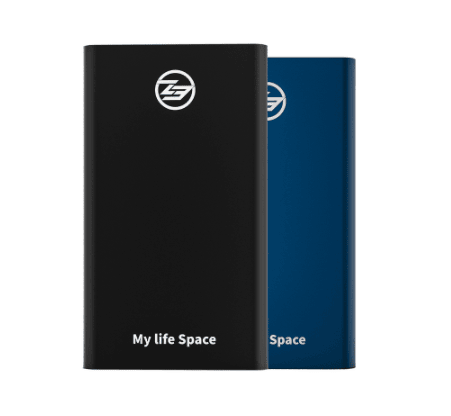
5. Why Choose a High-Quality SSD Storage Device?
The adoption of SSDs is no longer optional for those seeking faster, more reliable storage solutions. Here’s why upgrading to an SSD makes sense:
Speed: SSDs offer incredible performance and can drastically improve the overall speed of your system.
Durability: With no moving parts, SSDs are more resistant to physical damage and ideal for mobile devices.
Energy Efficiency: SSDs consume less power, which can help extend battery life in laptops and reduce energy consumption in desktops.
Low Latency: Whether you’re gaming, working, or creating, the ultra-low latency of SSDs ensures a smoother experience.
At [Your Company Name], we offer high-quality SSD storage devices that meet the needs of both individuals and enterprises. Whether you need SATA, SAS, or PCIe SSDs, we have a solution for you.
6. Contact Us Today for Top-Tier SSD Solutions
Looking for a reliable SSD storage device? We are a trusted provider of high-performance Solid State Drives. Whether you need an SATA SSD for everyday use or a high-speed NVMe SSD for your professional applications, we have the right product for you. Reach out today for more information or to place your order with a reliable manufacturer.












